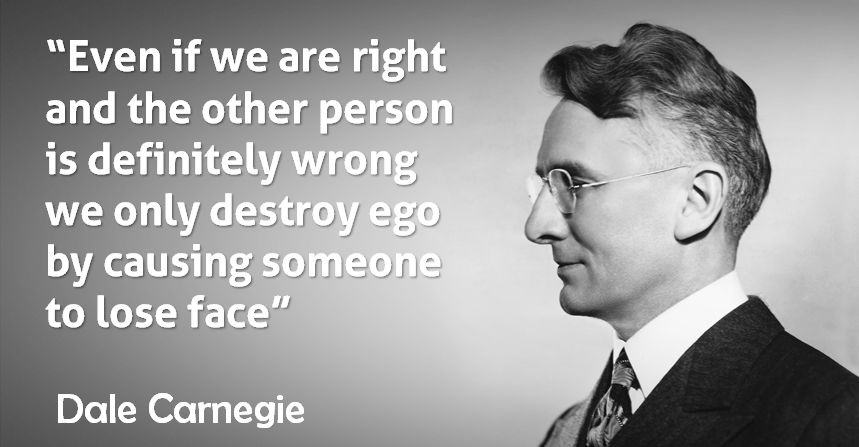When we have a problem or issue to deal with, then the ‘obvious’ path might be to punish them. You may think that ‘if they realise the punishment, then they will stop’. BUT these consequences might not even fit into the decision, because other pains, history, or needs are in the picture. They will have wronged others, and those people may seek revenge, but there is more to it than that.
For punishment to be effective it needs 5 components (James McGuire, What Works : Reducing Reoffending);
It needs to be:
- Inevitable – You will be caught
- Immediate – What you do is linked to being caught
- Severe – That the punishment is appropriately severe
- Able to choose an alternative behaviour – So that you can do something better. (There’s no point in punishing if you have no alternative coping mechanism)
- Comprehensible – that we understand the connection between the behaviour and the punishment
So, when someone is confronted, will the consequence fit this list, otherwise you may not get acceptance to the punishment, and therefore it won’t make any effect. That doesn’t mean there aren’t consequences. In fact, those consequences may well be punishment in itself.
In 1989 John Braithwaite introduced the idea of Restorative Justice that involves a process of restitution, restoration, and reconciliation. This contrasts with our ‘natural’ reaction of retributive justice and revenge. At its worst ‘retributive justice’ is hurt for hurt.
Bad Messages that Punishment can give
However, Punishment and Criticism are not effective ways to teach responsibility; harsh language doesn’t encourage diligence and hard work; harsh words may cause the relationship to suffer (Alasko, “say this, not that”). Punishment can give the wrong message:
- I’ll make you pay for your mistake
- I’m controlling and easily upset
- I will punish anyone who makes me feel bad
- I can’t deal with uncomfortable feelings
- I will punish you if I am disappointed
- I will punish you for criticizing me
- I will punish you for being late
- If I can’t have it may way, I won’t do it
- Something’s wrong with you for being sloppy
- I throw a tantrum when upset
- I know what’s wrong with you
- I’ll make you pay for frustrating my desires or for disappointing me
- I must use anger to control you
- Your problems aren’t real; there’s something wrong with you
- I don’t care about your tears, sadness, or emotion
- I’m going to act out my anger by punishing you
- At the first hint that I’ve been wronged, I attack
- I’m so much better than everyone else
- I can’t take responsibility for my own part in failure
- I’m distressed when I think I’ve been ignored
Which numbers on this list do you do?
